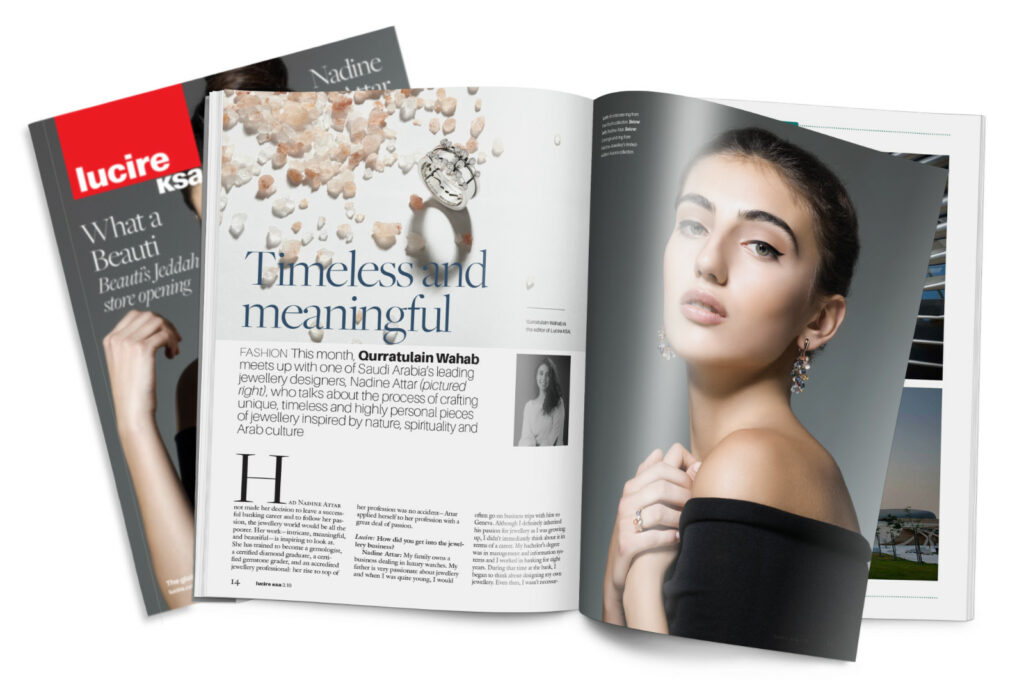The late 1990s were a heady time here in Aotearoa. The web—pre-Google, pre-monopolies—was indeed the great leveller: anyone with the right skills could create something online that competed at a global level. Aotearoa, which had for years felt a little backward in time—TV shows would arrive here two to three years after they aired in […]
Read More… from For the sake of our city, it’s important to take the opportunities to move forward
